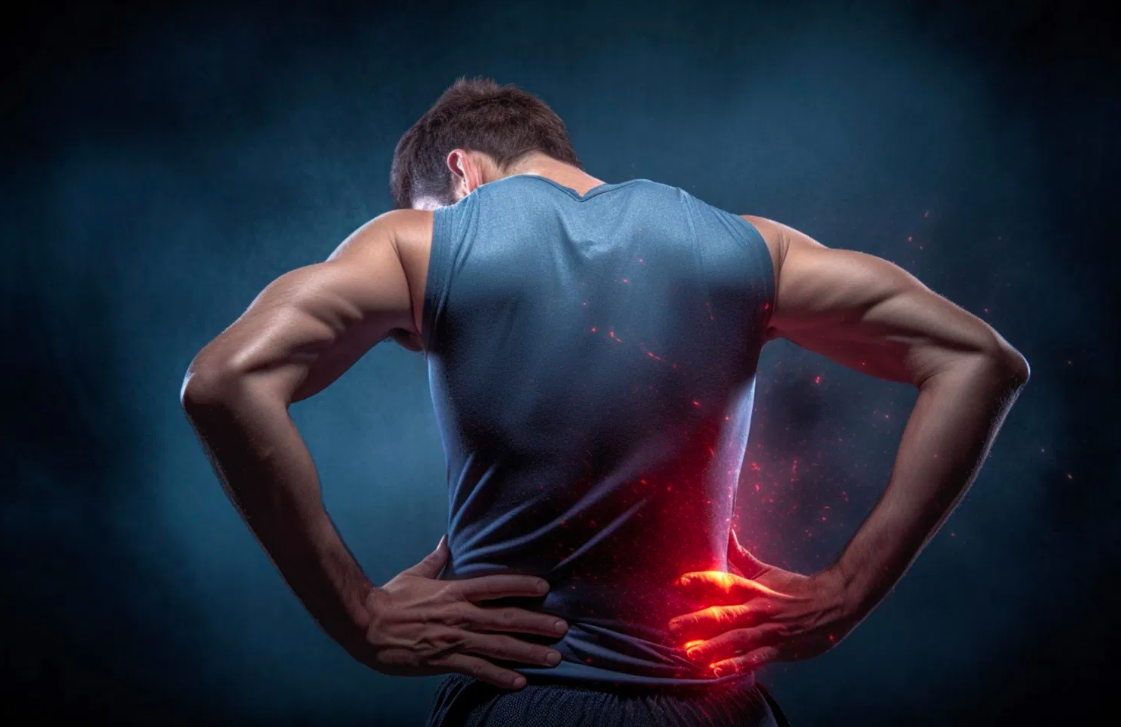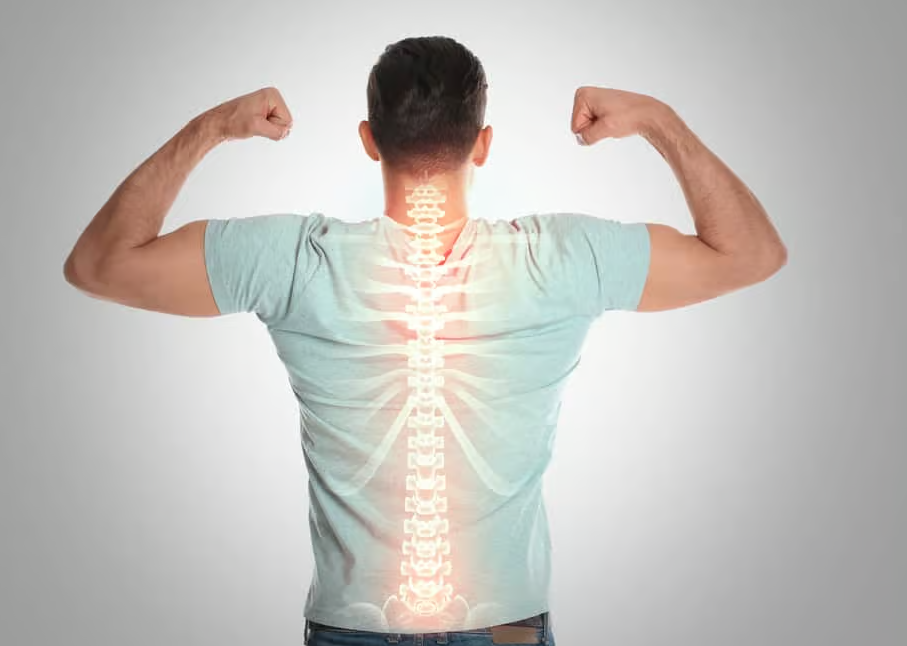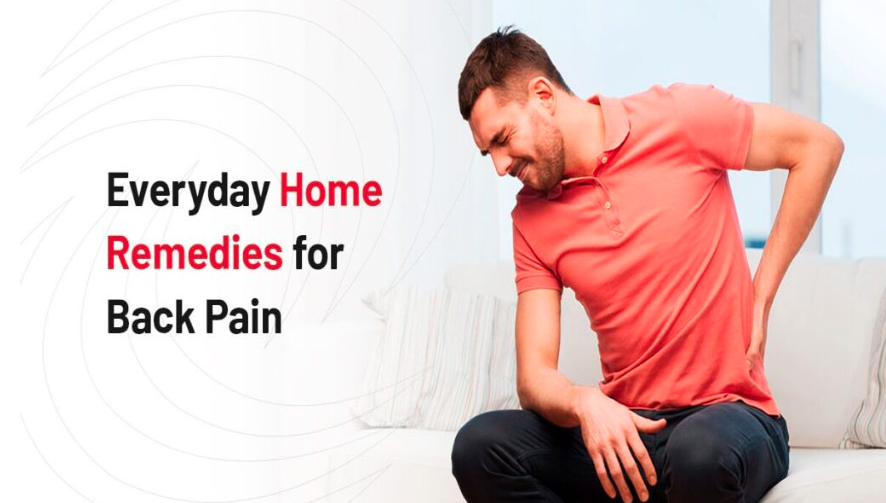

Can Constipation Cause Back Pain? Unveiling the Surprising Connection
Have you ever experienced back pain and wondered if it could be related to your digestive system? You’re not alone. While back pain is commonly associated with musculoskeletal issues, constipation can also be a surprising culprit. In this article, we’ll explore the connection between constipation and back pain, shedding light on how your digestive health can impact your spine and offering solutions for relief.
Understanding Constipation and Its Impact on the Body
Constipation is a common condition characterized by infrequent bowel movements or difficulty passing stools. It can cause a range of symptoms, from abdominal discomfort to more surprising ones like back pain. Understanding how constipation affects the body can help explain this connection.
Common Causes of Constipation
1. Dietary Factors: A diet low in fiber and fluids can lead to hard, dry stools that are difficult to pass.
2. Lack of Physical Activity: Sedentary lifestyles can slow down the digestive system.
3. Medications: Certain medications, such as opioids and some antidepressants, can cause constipation.
4. Medical Conditions: Conditions like irritable bowel syndrome (IBS) and hypothyroidism can contribute to constipation.
5. Stress and Anxiety: Emotional stress can affect the digestive system and lead to constipation.
The Connection Between Constipation and Back Pain
While it may seem unlikely, constipation can indeed cause back pain. Here’s how the two are connected:
1. Pressure on the Spine
When you’re constipated, the build-up of stool in the intestines can cause bloating and increased abdominal pressure. This pressure can extend to the lower back, causing discomfort and pain.
What to Expect:
• Lower Back Pain: Pressure from the intestines can compress the nerves in the lower back, leading to pain.
• Abdominal Discomfort: Bloating and cramping can further contribute to the sensation of back pain.
2. Muscle Strain
Straining during bowel movements is common in individuals with constipation. This straining can put additional stress on the muscles in the lower back.
What to Expect:
• Muscle Spasms: Intense straining can lead to muscle spasms in the lower back.
• Soreness and Stiffness: Prolonged straining can cause soreness and stiffness in the back muscles.
3. Referred Pain
Referred pain occurs when pain is felt in a different area from its source. Constipation can cause abdominal pain that is referred to the lower back.
What to Expect:
• Diffuse Pain: The pain may feel diffuse and spread across the lower back and abdomen.
• Chronic Discomfort: Persistent constipation can lead to ongoing referred pain in the back.
Relieving Back Pain Caused by Constipation
Addressing the underlying cause of constipation is crucial for relieving associated back pain. Here are some effective strategies:
1. Dietary Changes
Improving your diet can significantly alleviate constipation and reduce back pain.
What to Expect:
• Increase Fiber Intake: Incorporate more fruits, vegetables, whole grains, and legumes into your diet.
• Stay Hydrated: Drink plenty of water throughout the day to help soften stools.
2. Regular Exercise
Physical activity can stimulate the digestive system and promote regular bowel movements.
What to Expect:
• Daily Exercise: Aim for at least 30 minutes of moderate exercise, such as walking or swimming.
• Core Strengthening: Exercises that strengthen the core muscles can also support the lower back.
3. Medications and Supplements
Over-the-counter medications and supplements can provide relief from constipation.
What to Expect:
• Fiber Supplements: Products like psyllium husk can help increase fiber intake.
• Laxatives: Use laxatives sparingly and only under the guidance of a healthcare professional.
4. Stress Management
Managing stress and anxiety can improve digestive health and reduce constipation.
What to Expect:
• Relaxation Techniques: Practice yoga, meditation, or deep breathing exercises.
• Routine: Establish a regular routine for meals and bowel movements.
5. Medical Intervention
If constipation and back pain persist, it’s essential to seek medical advice.
What to Expect:
• Medical Evaluation: A healthcare professional can evaluate your symptoms and recommend appropriate treatment.
• Specialized Care: In some cases, underlying conditions may require specialized treatment.
Preventing Constipation and Back Pain
Prevention is the best approach to avoiding the discomfort of constipation-related back pain. Here are some tips to keep your digestive system and back healthy:
1. Balanced Diet
• High Fiber Foods: Include plenty of fiber-rich foods in your diet.
• Hydration: Drink adequate water to maintain soft stools.
2. Regular Physical Activity
• Exercise Routine: Stay active with regular exercise.
• Core Strengthening: Focus on exercises that strengthen the core and lower back muscles.
3. Stress Reduction
• Manage Stress: Use stress management techniques to maintain overall health.
• Routine: Establish and maintain a consistent routine for meals and bowel movements.
4. Proper Posture
• Ergonomics: Use ergonomic furniture to support good posture.
• Movement: Avoid prolonged sitting and take breaks to move around.
When to See a Doctor
If constipation and back pain do not improve with self-care measures, it’s important to seek medical attention.
• Persistent Symptoms: If symptoms last more than a few weeks.
• Severe Pain: Intense pain that interferes with daily activities.
• Associated Symptoms: Nausea, vomiting, or significant weight loss.
Conclusion: Take Control of Your Digestive and Back Health
Constipation can indeed cause back pain, but understanding this connection can help you find effective relief. By addressing the underlying causes of constipation and adopting healthy habits, you can alleviate back pain and improve your overall well-being.








